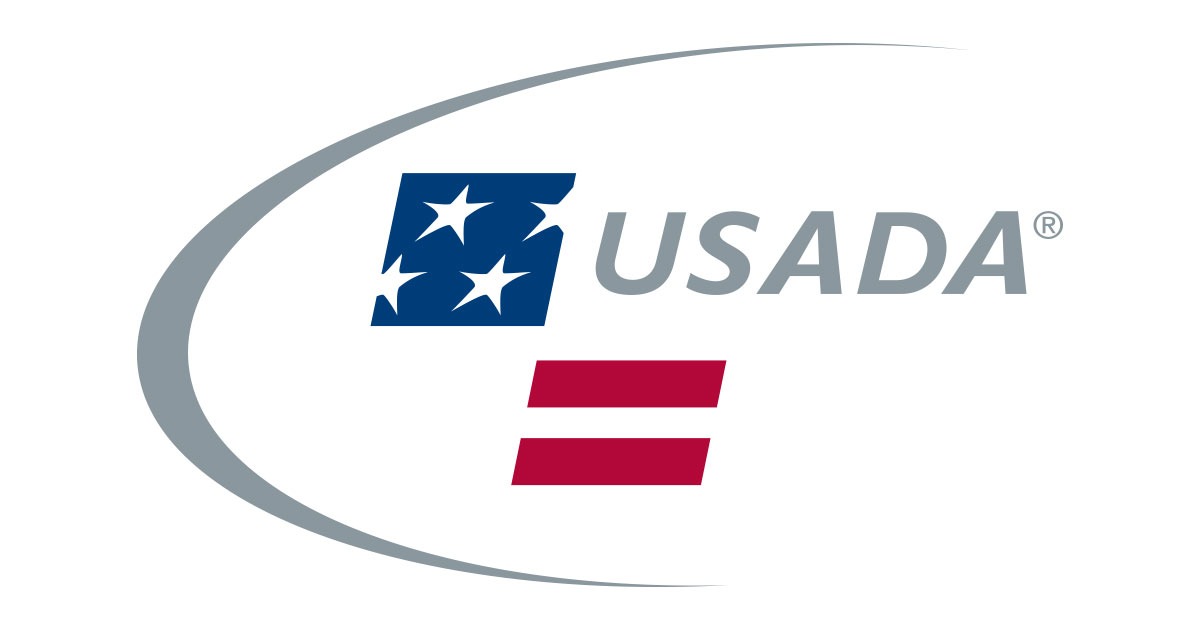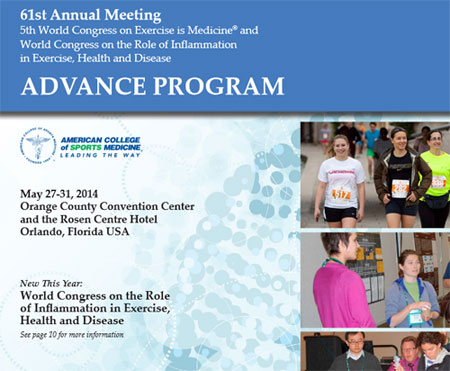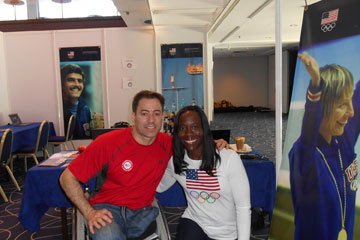
Laura Hahn Reflects on the Changes that Technology Has Brought to Anti-Doping
Laura Hahn started testing athletes as a DCO in 1996, when the job was a function of the USOC and anti-doping technology has helped advance her position.
U.S. Anti-Doping Agency (USADA)
Click here to log in to the
Athlete Connect application
Click here to view your
test history and results

Laura Hahn started testing athletes as a DCO in 1996, when the job was a function of the USOC and anti-doping technology has helped advance her position.

From May 27-31, 2014, the American College of Sports Medicine held its 61st annual meeting in Orlando Florida. USADA’s Science Director, Matthew Fedoruk was on hand to present a tutorial lecture, titled New Frontiers against Doping in Sport: Challenging the Omertà.

Members of USADA’s staff donated 56 man-hours to the Colorado Springs community volunteering with Pikes Peak Habitat for Humanity on March 13, 2014.

USADA’s Olympic Education team is devoted to educating Team USA providing extensive anti-doping education to thousands of athletes each year.
This is an necessary category.